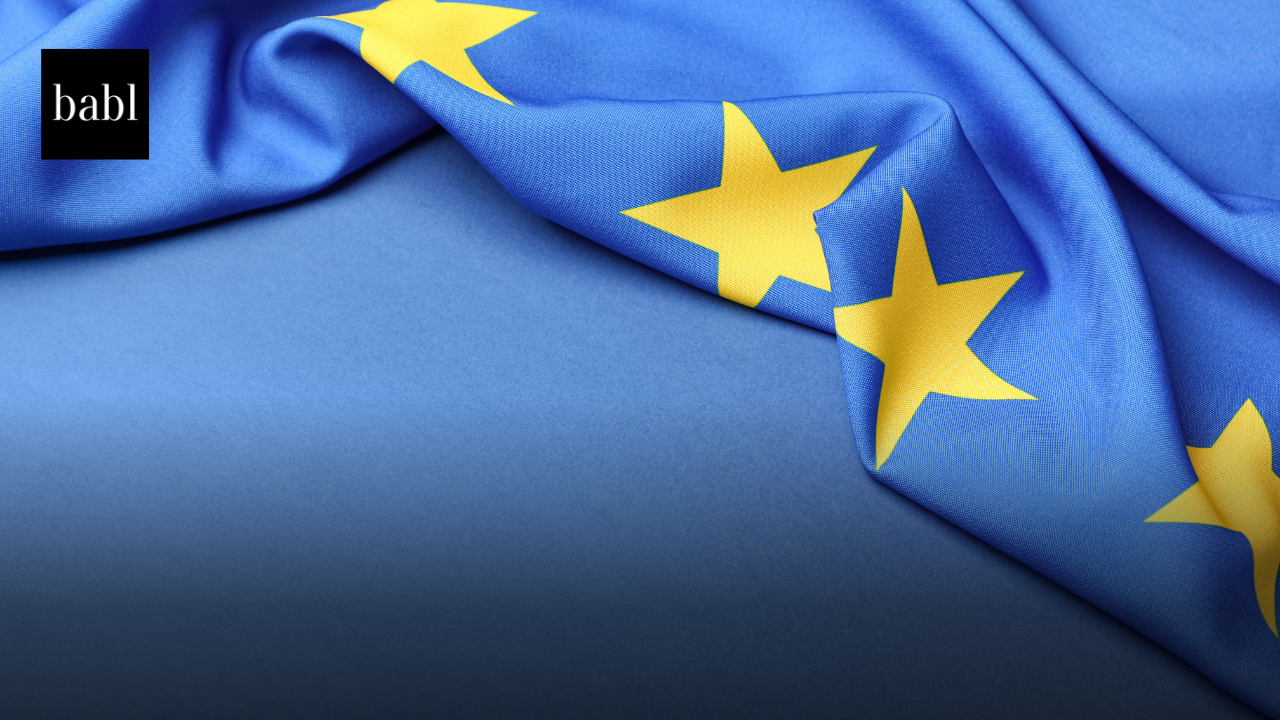The United Nations Educational, Scientific and Cultural Organization (UNESCO) has released a consultation paper addressing the growing global need for regulatory approaches to artificial intelligence (AI). As AI technologies rapidly evolve and influence nearly every sector, the demand for clear and robust governance frameworks has become increasingly urgent. This new paper provides a comprehensive analysis of emerging AI regulations worldwide. It aims to guide policymakers, legal experts, and other stakeholders as they navigate the complex challenges of AI governance.
A Global Initiative for Inclusive AI Governance
The consultation paper is part of UNESCO’s broader effort to inform and shape global AI policy. It follows a series of discussions, workshops, and webinars organized in collaboration with key partners such as the Inter-Parliamentary Union (IPU) and the Internet Governance Forum (IGF). These initiatives highlight how AI affects democracy, human rights, and the rule of law. As AI systems become more integrated into public and private decision-making, governments face mounting pressure to establish regulations that safeguard fairness, accountability, and trust.
Mapping Nine Emerging Regulatory Approaches
UNESCO’s paper identifies nine distinct approaches to regulating AI. These range from principles-based frameworks that offer voluntary guidance to formal, binding regulations that impose specific legal obligations on AI developers and users. By presenting real-world case studies and comparative analyses, the paper helps parliamentarians, regulators, and policymakers understand the global diversity of AI governance models. Moreover, it reveals both the successes and shortcomings of current strategies. This comparative insight is especially useful for countries designing their own frameworks that balance innovation with protection.
From Ethics-Based Principles to Prescriptive Models
Among the approaches discussed, several emphasize ethics-based frameworks that align AI development with human rights and societal values. These models encourage transparency, accountability, and fairness as central principles for AI systems. Other regulatory models take a more prescriptive approach, introducing mandatory risk assessments, certification requirements, and oversight mechanisms. These measures aim to reduce the risks of AI misuse while ensuring innovation continues responsibly.
Flexibility, Integration, and Future Adaptation
The consultation paper stresses the importance of flexibility and adaptability. Because AI evolves quickly, overly rigid regulations can become outdated soon after adoption. In addition, UNESCO underscores the need to integrate AI laws with existing frameworks on data protection, privacy, cybersecurity, and ethics. Since AI intersects with all these areas, a holistic approach is essential. Effective regulation must ensure AI operates within a coherent legal ecosystem that protects individual rights and promotes societal well-being.
Open Consultation and Next Steps
The release of the paper opens a formal public consultation period. UNESCO invites feedback from governments, academia, civil society, and the private sector until September 19, 2024. The final report, incorporating stakeholder feedback, will be presented at the IPU Assembly in October 2024. This inclusive approach reflects UNESCO’s ongoing commitment to building participatory and globally coordinated AI governance that respects diverse perspectives and needs.
Need Help?
If you’re wondering how UNESCO’s consultation paper—or any other global AI regulation—could affect your organization, reach out to BABL AI. Their Audit Experts can help you interpret global frameworks, assess risks, and strengthen compliance strategies.





